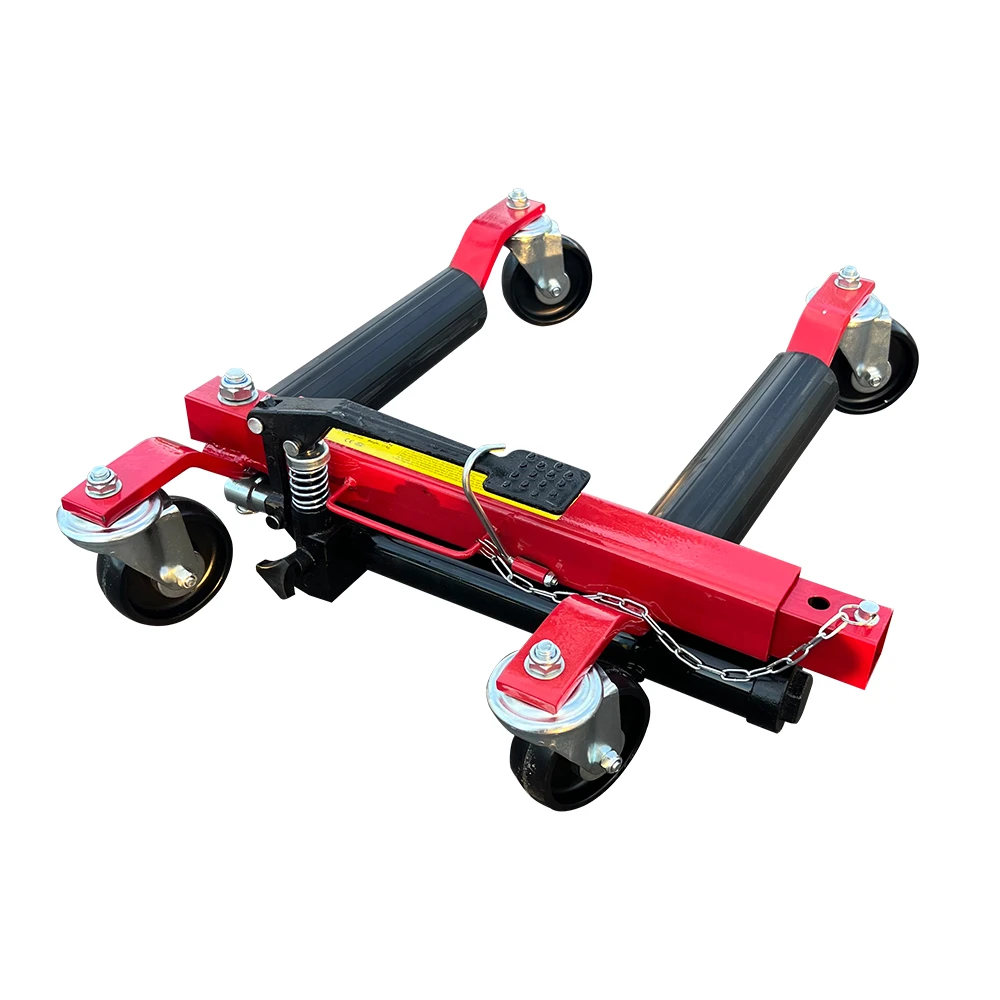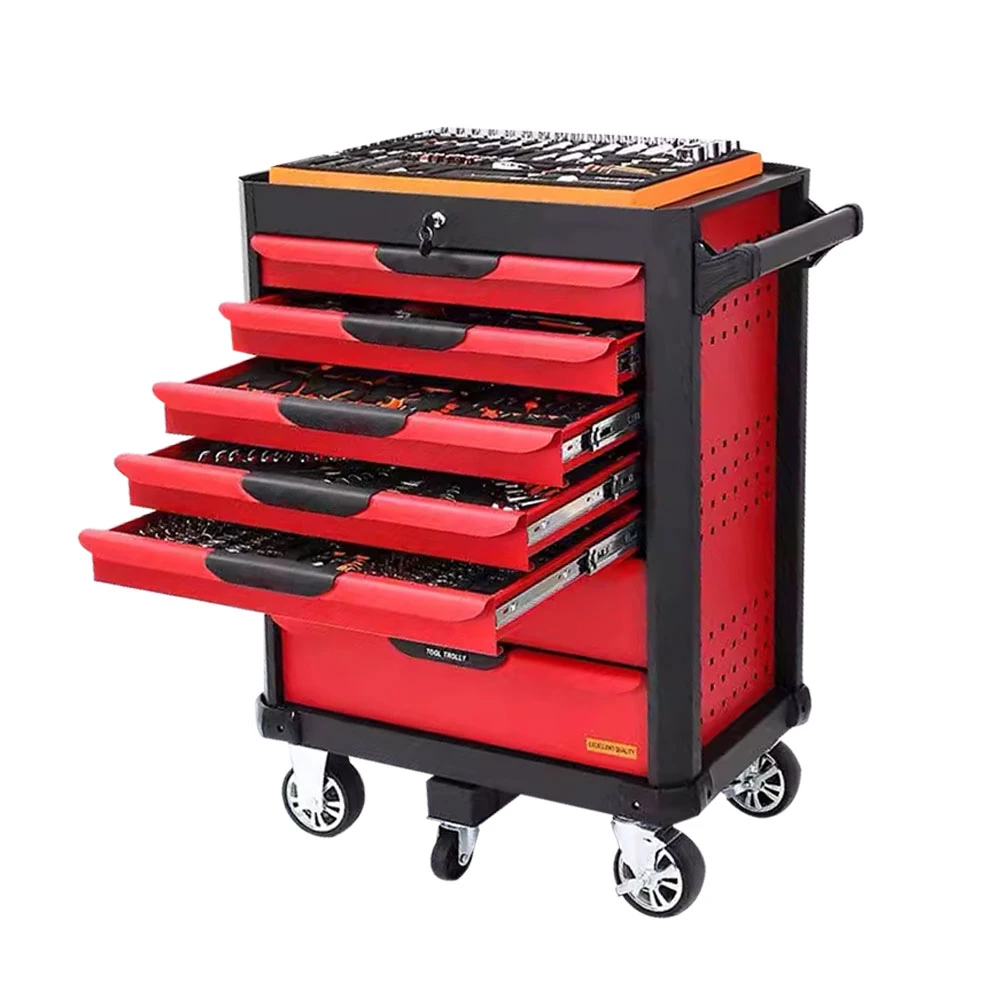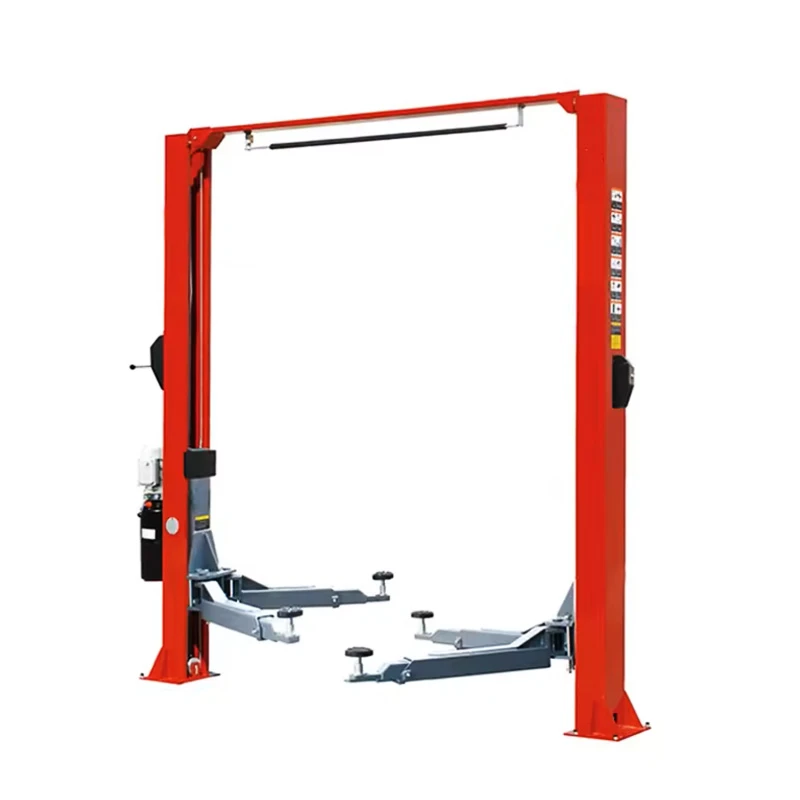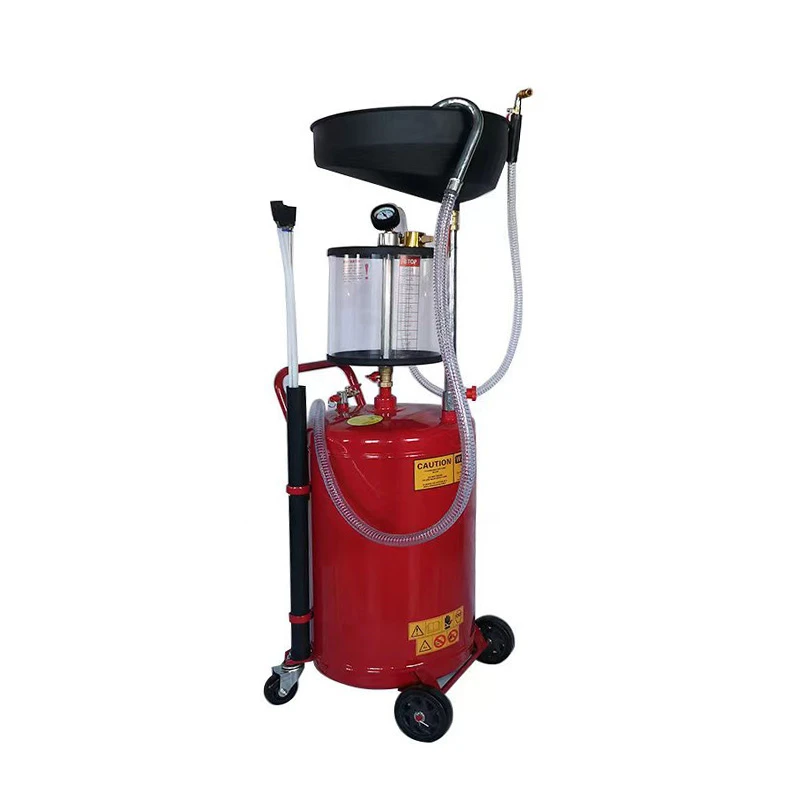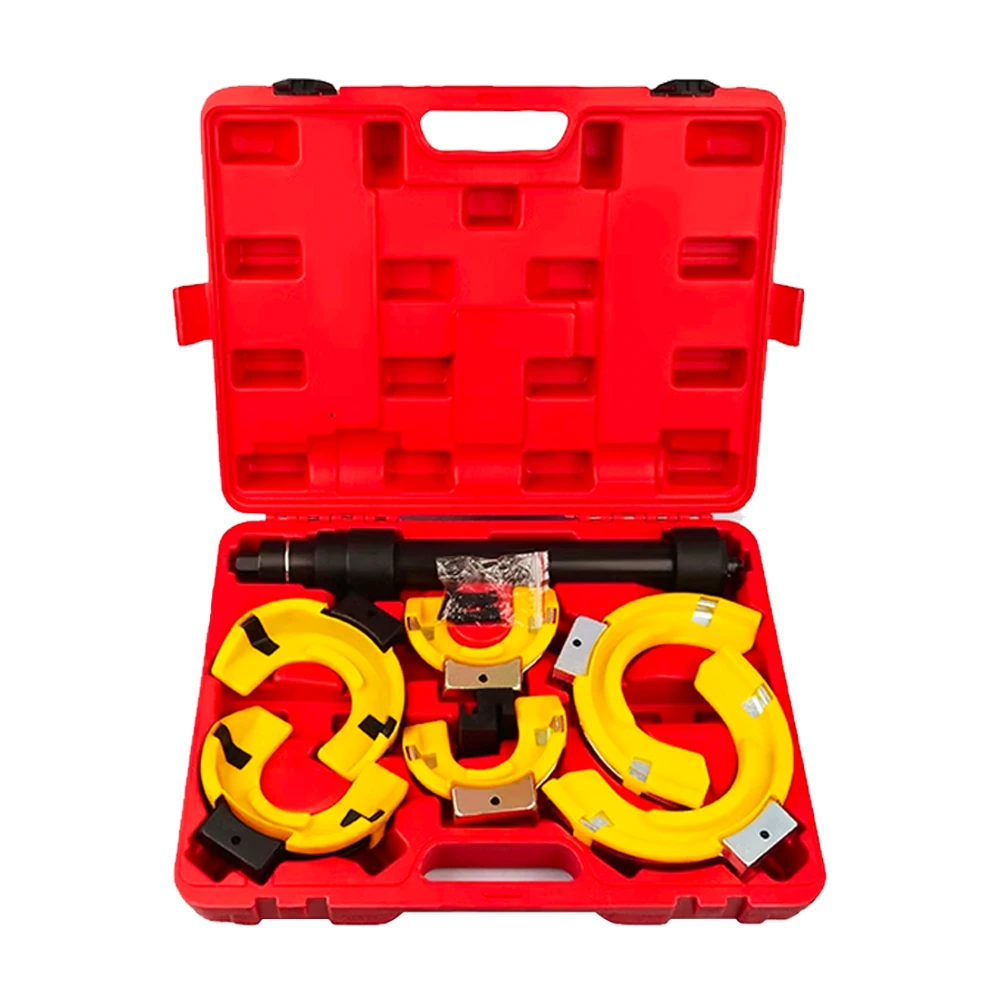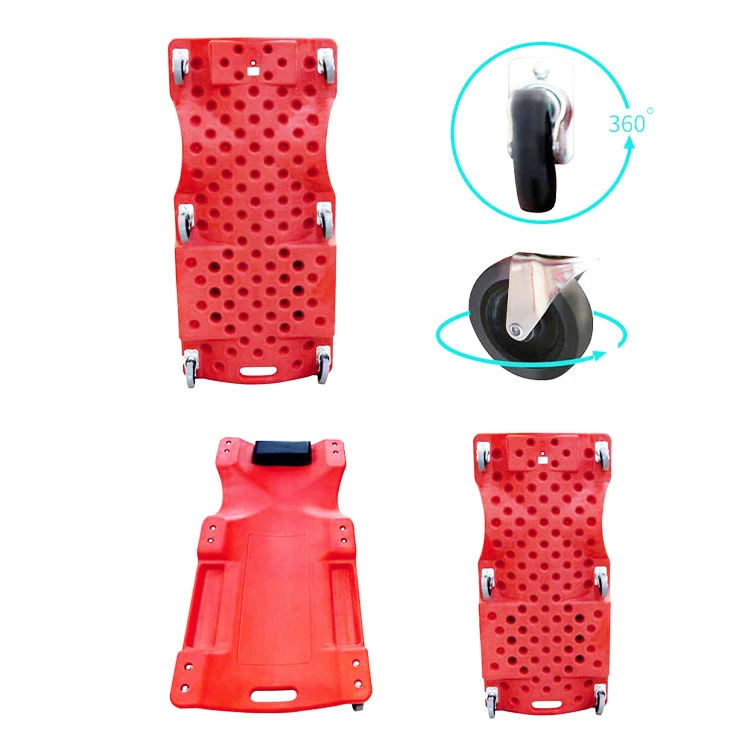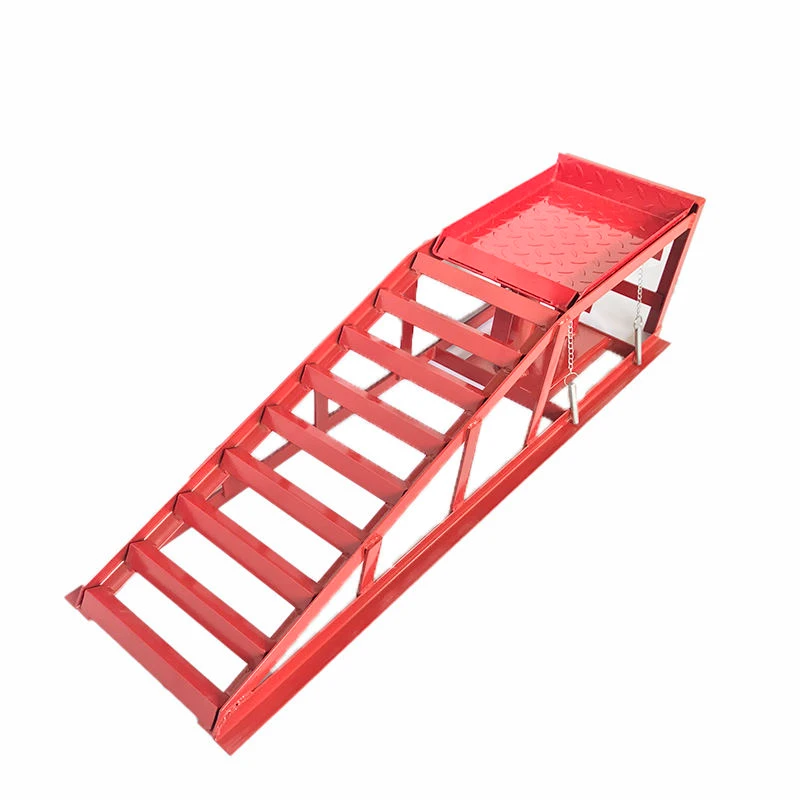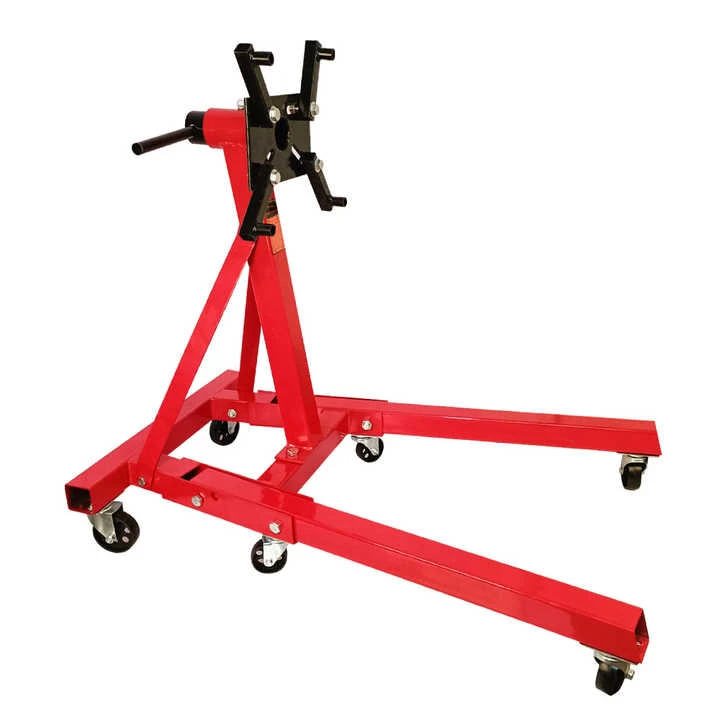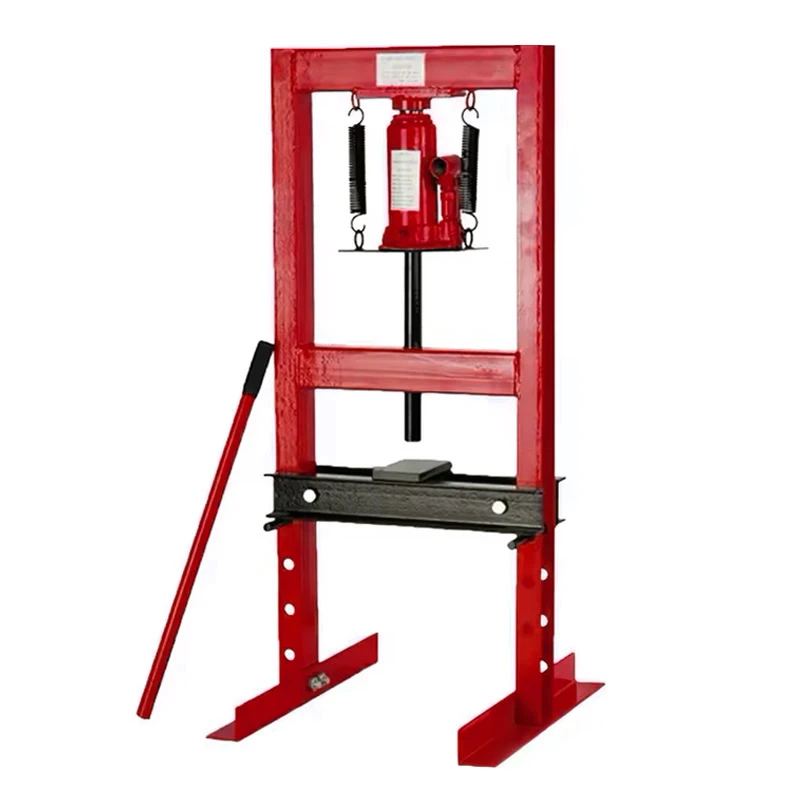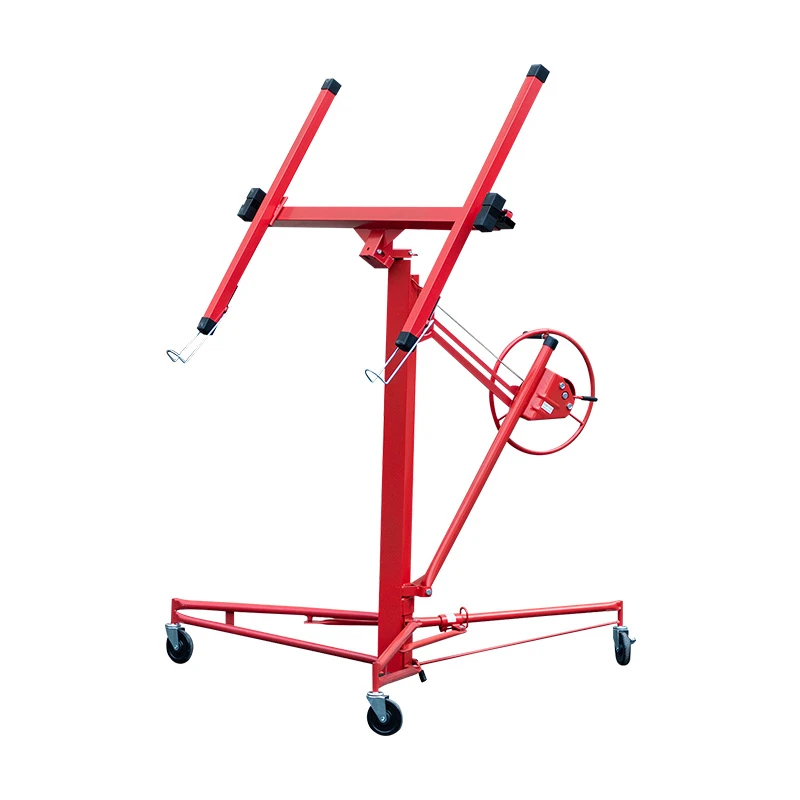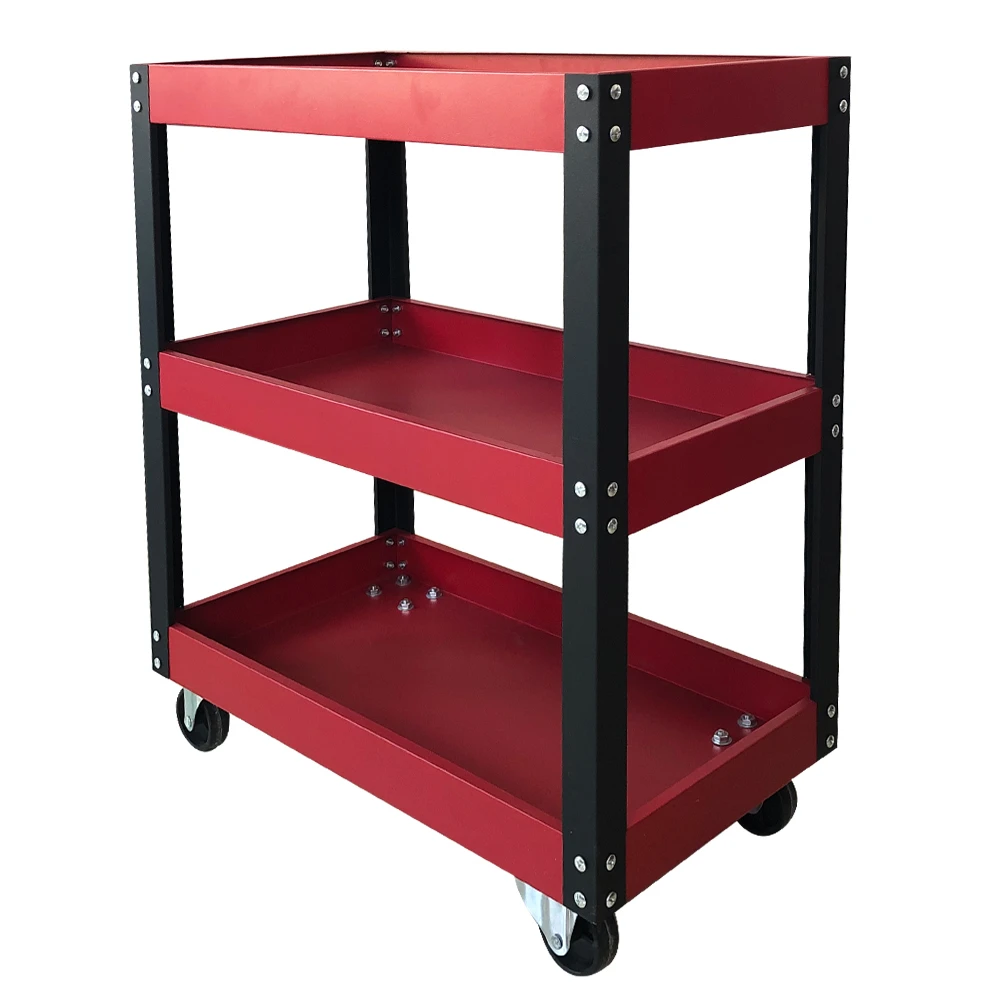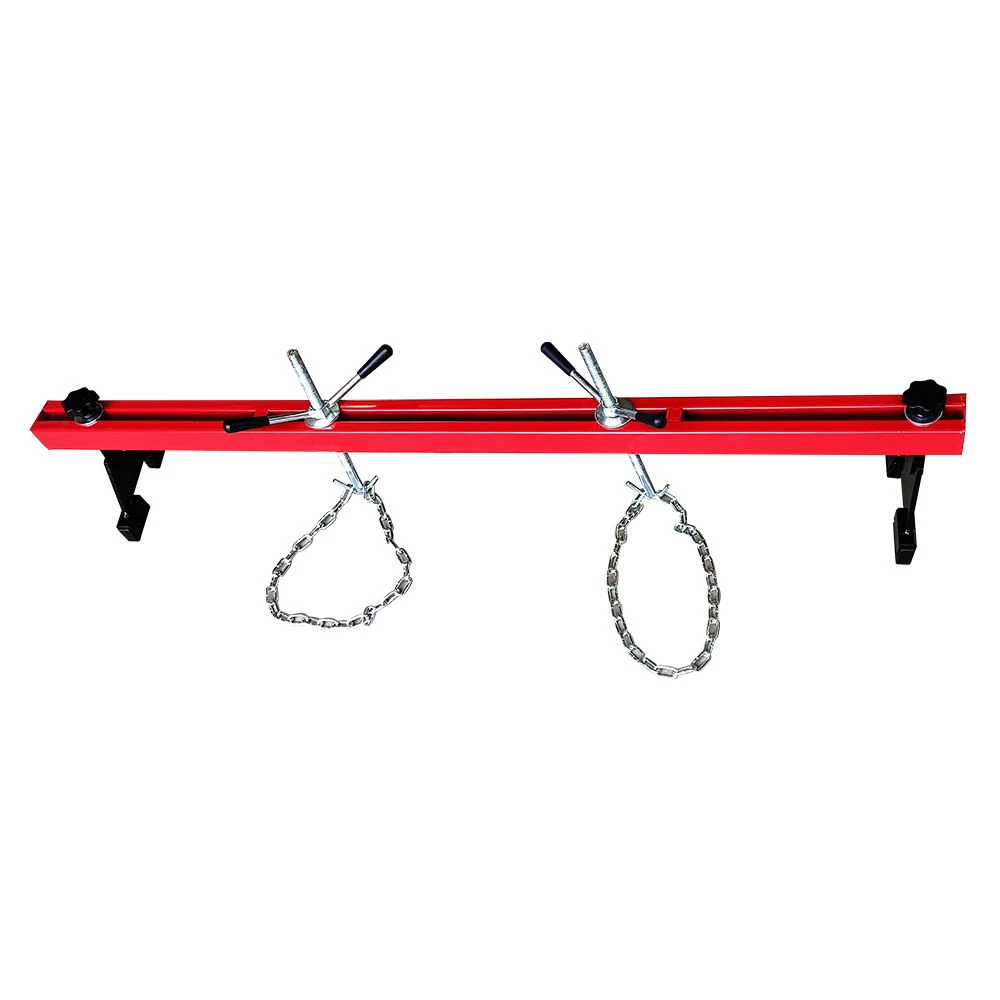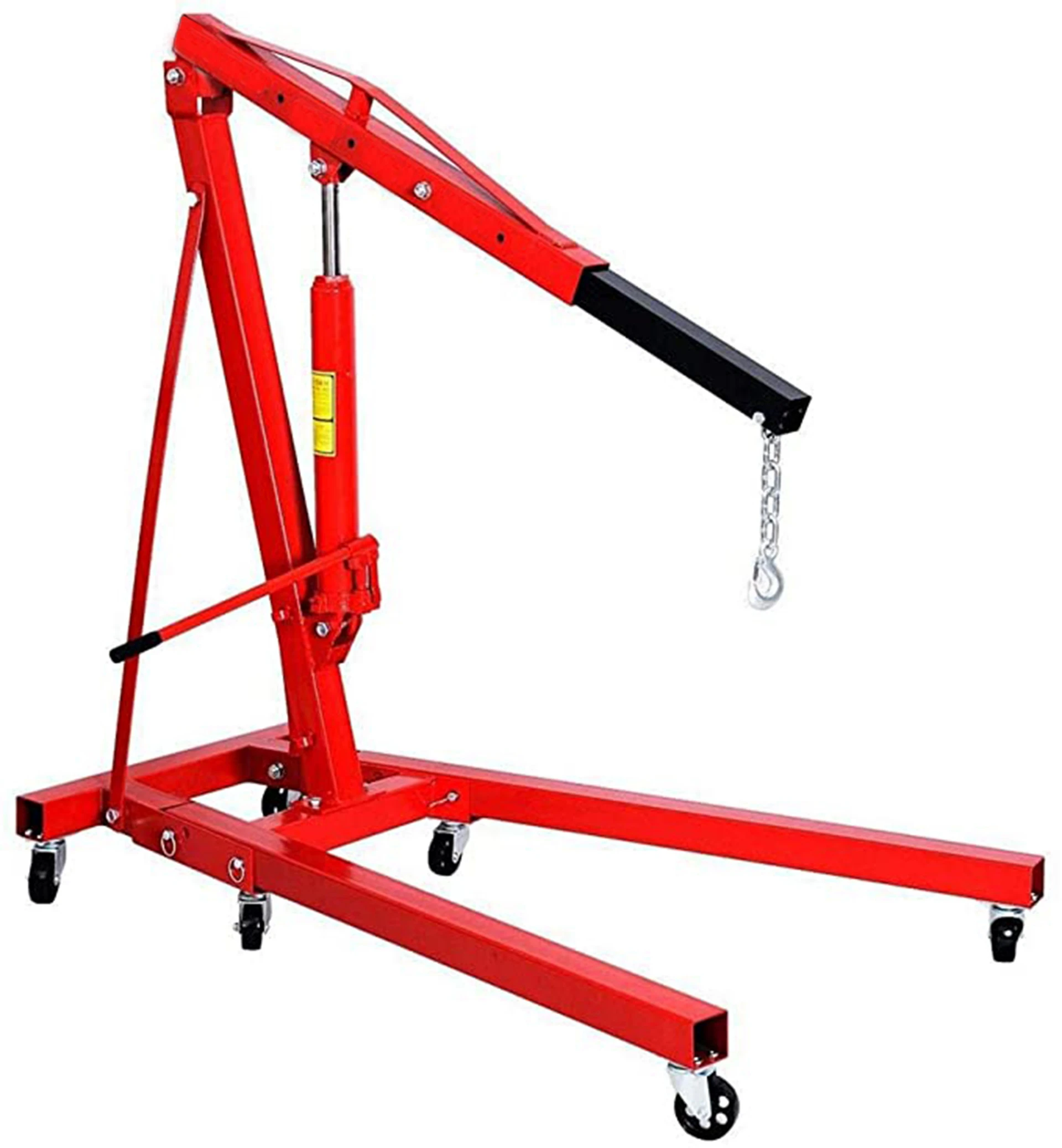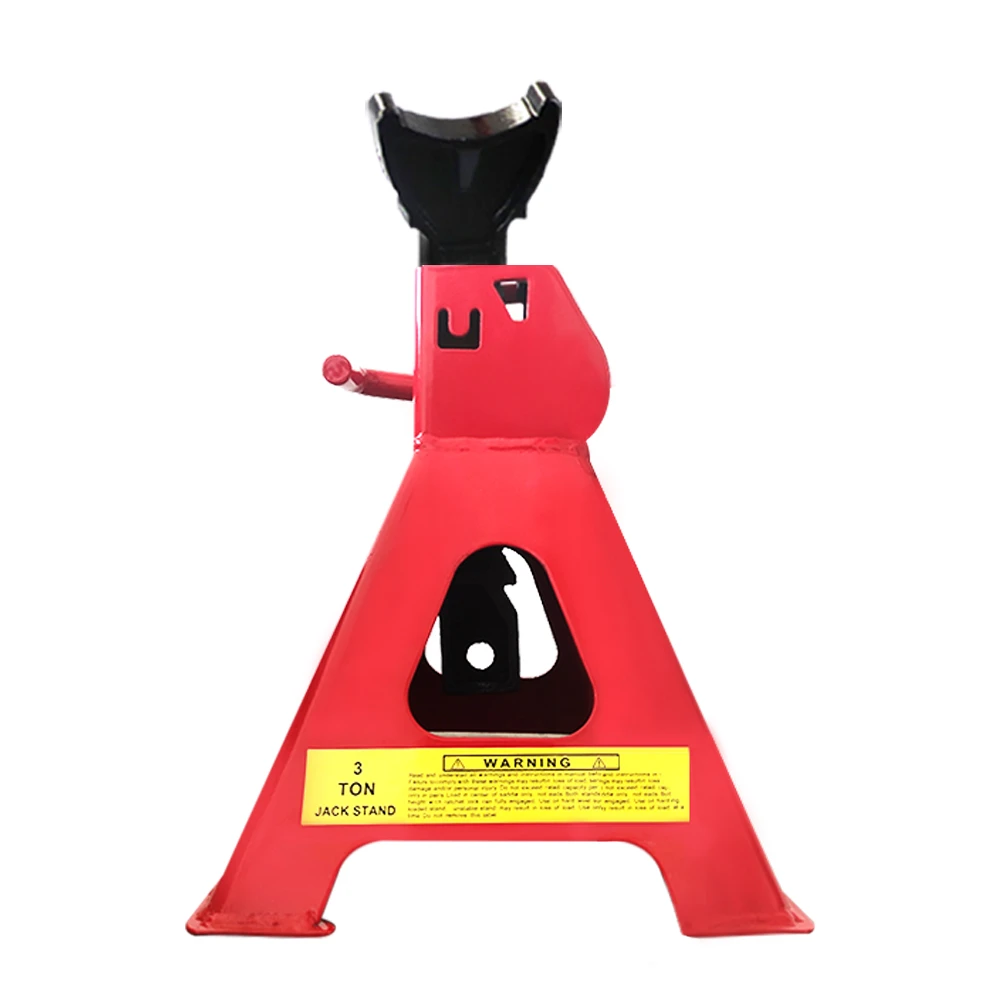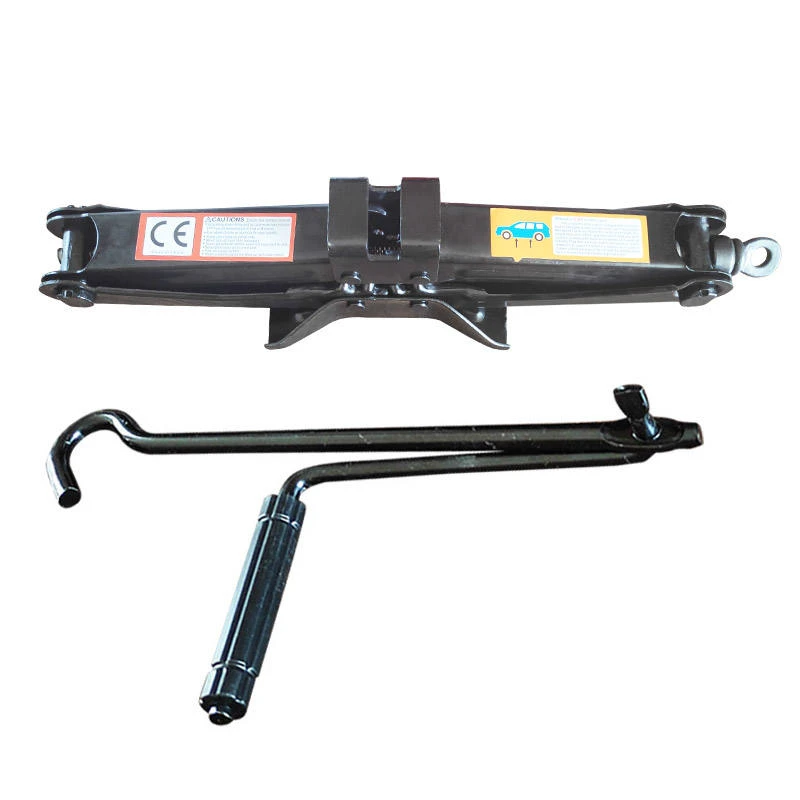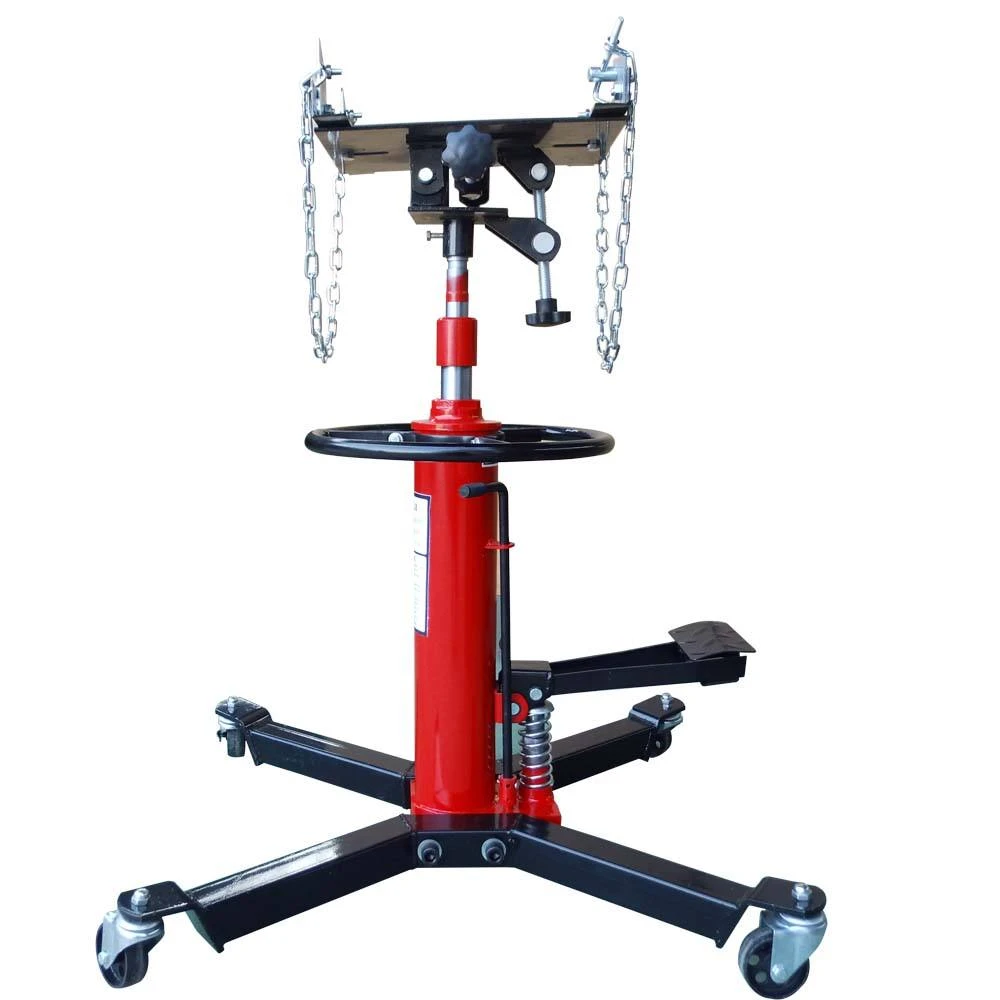Car Jack Vehicle Mover Tow Dolly Universal Moving Tool Wheel Towing Trailer tools automatic car jack
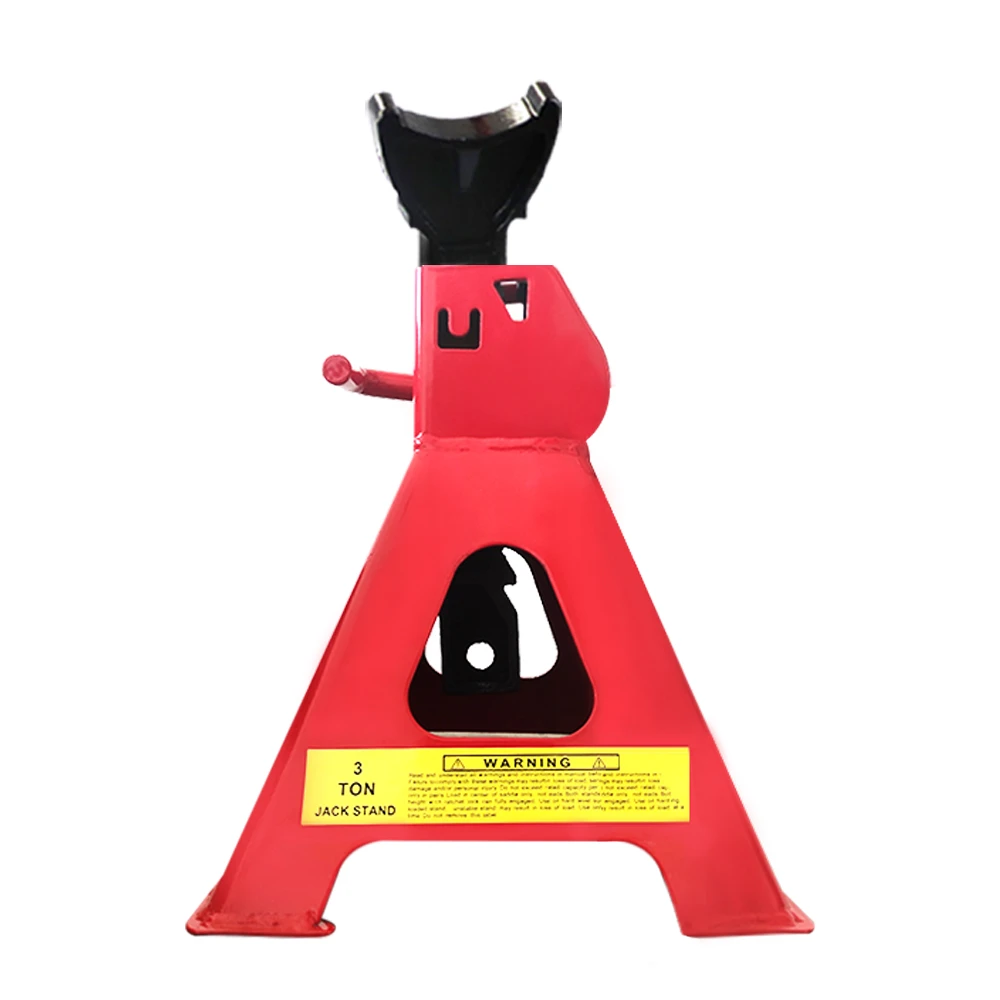
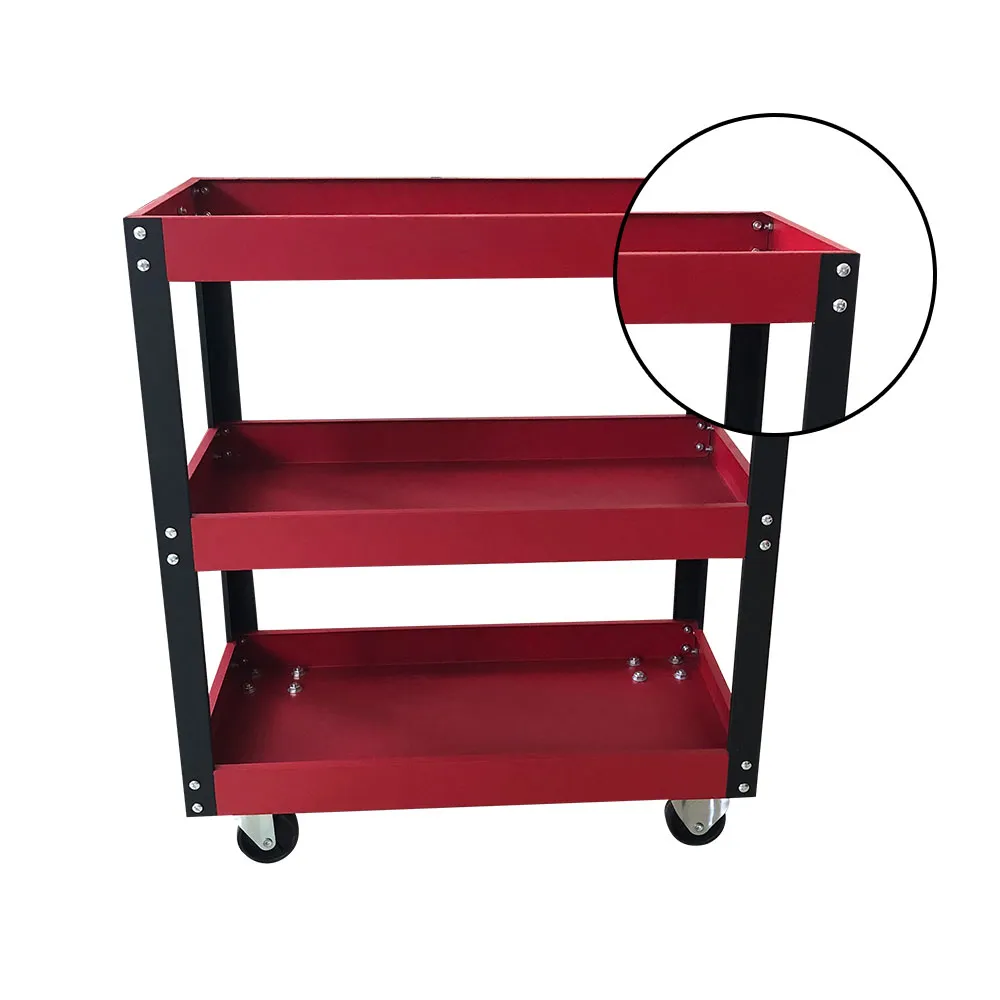
Another versatile option is the hydraulic trolley jack. Like floor jacks but mounted on a trolley system, these jacks offer mobility advantages in a garage setting, allowing easy maneuverability under the vehicle. Expert reviews indicate their usefulness in professional settings, where multiple vehicles are lifted daily. This type of jack is trusted for its blend of power, stability, and mobility, especially when equipped with safety features like overload protection and twisting prevention. For off-road enthusiasts, the farm or high-lift jack is indispensable. Designed to lift vehicles with large tires or high suspensions, these jacks are common amongst off-roaders who need to overcome challenging terrains where regular jacks would fail. High-lift jacks can also be used to winch a vehicle out of difficult situations—highlighting their multifunctionality. However, using a high-lift jack safely requires additional knowledge and skill due to their unique operation and the balancing act involved. As noted by seasoned mechanics, ensuring the right jack is used for the job is paramount, but so is the quality and specifications of that jack. Industry experts suggest looking for recognized brands that adhere to safety standards and offer warranties. Reviews and recommendations from authoritative sources can provide peace of mind and help bypass the plethora of unreliable options in the market. Whether you're performing routine maintenance or emergency repairs, selecting the right car jack reflects not only on your ability to get the job done but also ensures safety and efficiency. Trust in your tools through informed selection, backed by professional recommendations and real user experiences, ensures that each lift is as safe and effective as possible. Maintain regular inspections and maintenance on your jacks to guarantee their longevity and reliability, and you will have a trusted companion for all your automotive needs.
Products categories
Latest News
-
Unraveling the World of Car Jack Economics and Acquisition
NewsJun.24,2025 -
Unraveling the Essentials of Car Jacks and Their Operations
NewsJun.24,2025 -
Unraveling the Capabilities of 10 - Ton Porta Power Equipment
NewsJun.24,2025 -
Unraveling Issues and Solutions in Car Jack Systems
NewsJun.24,2025 -
Unleashing the Potential of 10 - Ton Hydraulic Equipment
NewsJun.24,2025 -
Power and Precision in Heavy - Duty Lifting: 10 Ton Porta Power Solutions
NewsJun.24,2025 -
What Makes Car Shop Jacks and Related Tools Indispensable for Vehicle Maintenance?
NewsJun.12,2025
